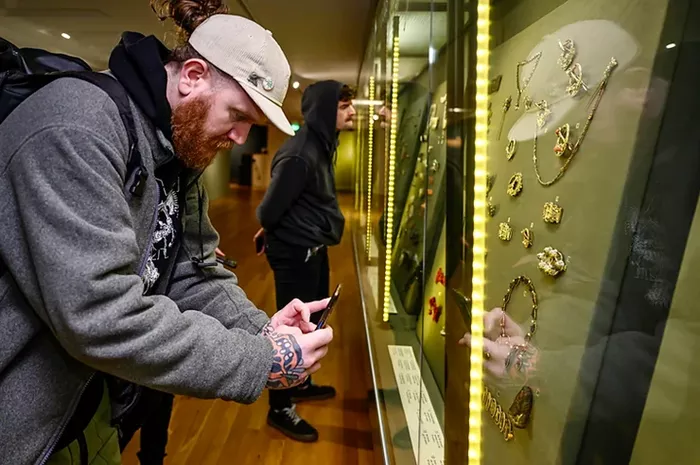Growing up, tattoos were often seen as a taboo topic. Whenever I mentioned the idea, I was quickly met with concerns—tattoos could supposedly ruin my future, limit opportunities, or even “taint” my blood, making me ineligible to donate.
While I wasn’t an avid blood donor at the time, the idea left me wondering—what else could a tattoo prevent me from doing?
The Truth About Tattoos and Blood Donation
One common misconception is that people with tattoos are permanently banned from donating blood. In reality, having a tattoo does not automatically disqualify someone from being a blood donor.
The primary concern revolves around the potential risk of blood-borne infections, such as hepatitis, which can occur if proper sterilisation procedures are not followed during the tattooing process.
According to the World Health Organization (WHO), most individuals in good health can donate blood. However, eligibility guidelines vary by country, with many regions requiring a waiting period after getting a tattoo before someone can donate.
The Waiting Period for Donating Blood After a Tattoo
This waiting period allows enough time for any potential infections to become detectable. The length of this deferral period depends on local regulations and the conditions under which the tattoo was applied.
The WHO recommends a six-month waiting period after receiving a tattoo or body piercing before donating blood. This rule is followed in Malaysia, where the Ministry of Health’s National Blood Centre also mandates a six-month wait for anyone who has had a tattoo, piercing, acupuncture, or cupping (bekam).
However, this waiting period may vary in other regions. For instance, some countries allow individuals to donate blood as little as 12 hours after receiving a piercing, provided it was done by a licensed health professional and no inflammation remains.
Country-Specific Guidelines
In the United States, the American Red Cross requires a 12-month waiting period for individuals who have received a tattoo from an unregulated facility. This extended period is due to the risk of hepatitis, which may not be immediately detectable.
The Importance of Tattoo Studio Standards
The safety and quality of the tattooing establishment significantly impact the risk of infection. Tattoos from licensed artists working in regulated parlours that use sterile equipment and fresh ink are far less likely to lead to infections compared to tattoos from unregulated or informal settings.
As more independent tattoo artists operate from home-based studios, concerns about sanitation and safety have increased. In these cases, longer deferral periods may be required before donating blood.
Transparency Is Key
Potential blood donors are encouraged to be honest about their tattoos, including the date and location where they were applied. This transparency helps healthcare providers assess eligibility and ensure the safety of the blood supply.
Conclusion
In summary, having a tattoo does not permanently prevent you from donating blood. By making informed decisions about where and how you get tattooed, you can maintain your eligibility to donate while ensuring the safety of both donors and recipients in the future.
Related topics:

